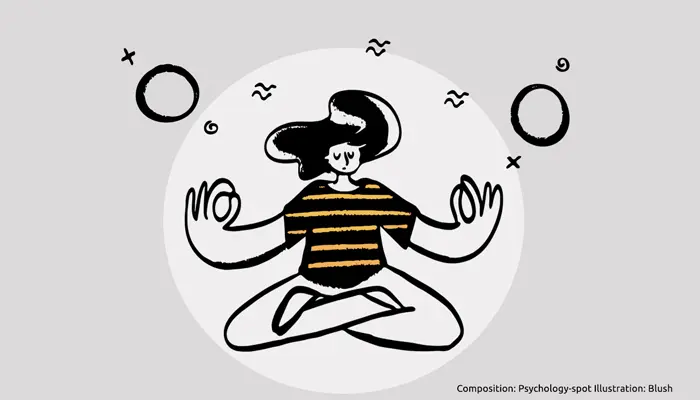
You have the right to change, even if the others do not change. In reality, when they tell you that you are no longer the same, it is because you stopped being how they wanted you to be. Behind the disenchantment and disillusionment with your change lies rigid thinking and the belief that the maximum value in this life is stability/immutability.
In fact, how many times have you pushed yourself to accomplish something just to be consistent, because you told yourself you would, while ignoring that inner voice that tells you it’s not what you really want or need at that moment? How many times have you pretended to enjoy things that you no longer like, followed customs that have lost their meaning for you, or adapted to those around you just to avoid recognizing that you are no longer the same person?
There is only one thing immutable in life: change. To deny it is to deny ourselves the opportunity to continue evolving.
We cannot remain the same person all our lives
When we live new experiences and leave our comfort zone, we change. If we are the same person at 60 as we were at 20, we should worry because it is likely that we have not learned anything along the way.
Research carried out by psychologists at the University of Edinburgh debunked the myth that personality remains stable throughout life. They found that we are a completely different person at 14 years old and at 77 years old, both in terms of self-confidence and perseverance as well as emotional balance, self-awareness, creativity and will to improve.
The joys and trials of life, the successes and failures, the disappointments and achievements shape us. These experiences not only leave an emotional mark, but also transform our vision of the world and ourselves, so in the long run we become different people. It is perfectly normal.
We also have the right to set more precise boundaries, abandon some dreams, set new goals, and even cut some people out of our lives when the dynamic becomes extremely toxic. We have the right to change our minds and, above all, to change everything that harms us or prevents us from becoming the person we want to be.
Don’t anchor yourself in the past just so as not to make others uncomfortable
Life is movement. If someone expects you not to change and to remain attached to your “self” of 5 or 10 years ago, they are harboring an unrealistic expectation. Many of the people who criticize your transformation are actually clinging to immobility because the idea of change is terrifying to them.
They try to turn you into an extension of their personality, a selfish attitude that has no place in true love. They reproach you for not being the way they want you to be, or to put it more clearly: they don’t like the person you are now.
However, do you know something? These people have every right to feel uncomfortable with your new “self”, just as you have the right to change without feeling guilty.
You can change your mind, your interests and even yourself.
What you once liked will not always inspire you. What you once felt will not always excite you. What once drove you, will not always motivate you. What you once thought will not always resonate with you. And that’s good! Don’t feel obligated to be a certain way, do certain tasks, or say certain things just because you did it in the past. Maybe at that time you were like that and thought that. But not anymore.
When you realize that change is inevitable and give yourself the importance you deserve, dealing with the disappointment of others becomes easier. It won’t be a piece of cake, but it will be easier. Therefore, when you discover that you are doing things that no longer fit your new self, ask yourself: do I really want this? It inspires me? Do I identify with this? Does it help me become the person I want to be?
Don’t continue down a path that no longer aligns with your values just so others don’t feel uncomfortable. We are in this world to explore, discover and grow. That means letting go of the past to make way for the future, leaving the static to embrace movement. You don’t have to apologize or feel bad about it.
People who are truly worthwhile will celebrate your growth. In fact, you may even inspire them to continue exploring and changing.
Source:
Harris, M. A. et. Al. (2016) Personality Stability From Age 14 to Age 77 Years. Psychology of Aging; 31(8): 862–874.



